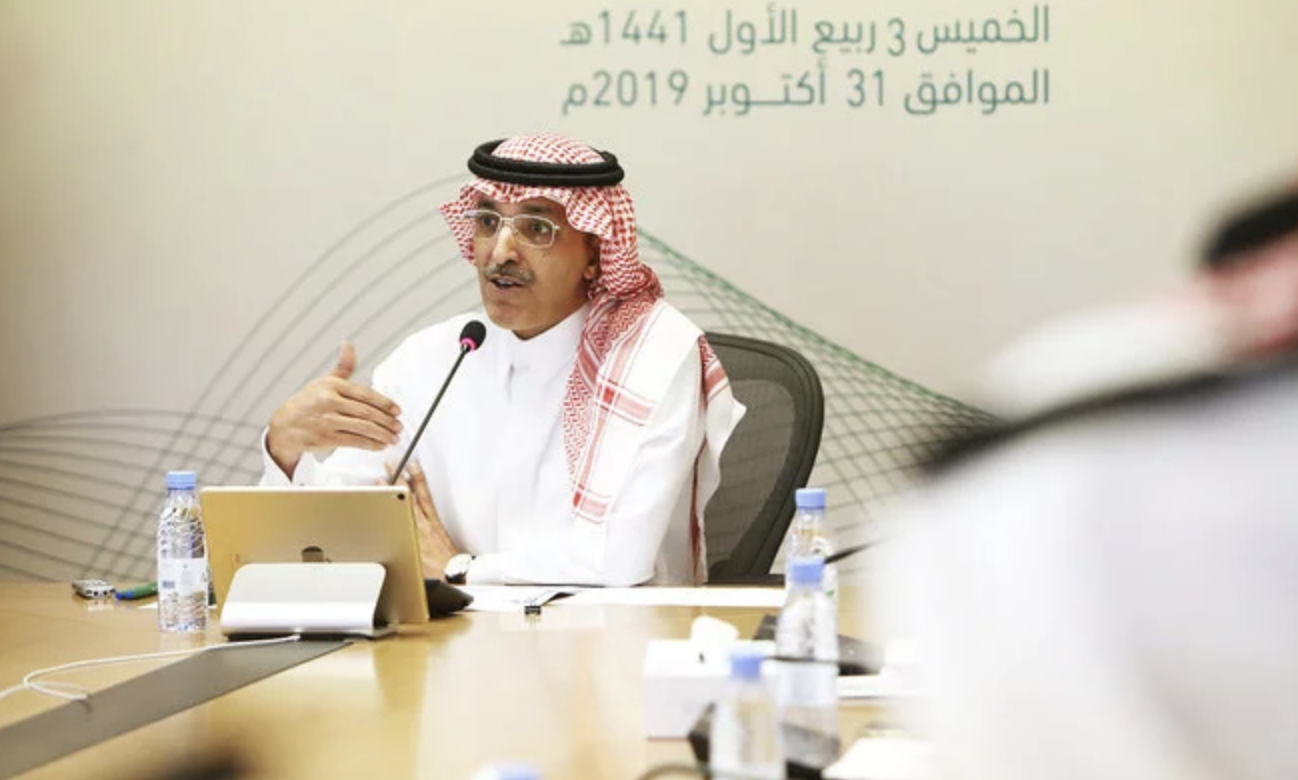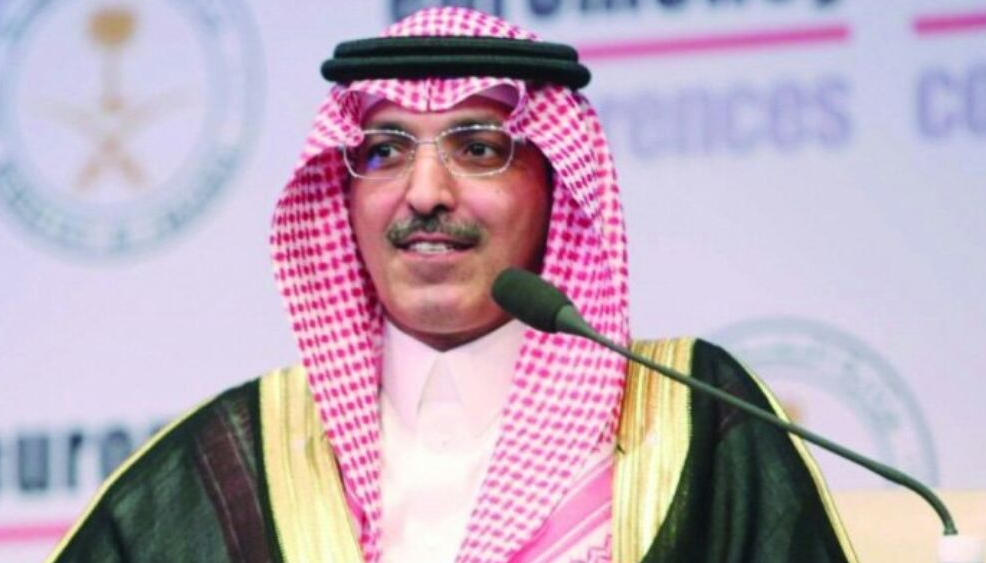Saudi Arabia’s finance minister Mohammed Al-Jadaan said in his pre-budget statement for fiscal year 2020 yesterday that the Kingdom would cut spending and widen its projected deficit in a vote of confidence in Saudi Arabia’s economic reforms. He also said efforts will be made to “improve the efficiency of spending without any disruption to diversification and transformation plans.”
Saudi Arabia’s government expenditure is expected to be SR 1,020 billion ($272 billion) in 2020. Revenues are projected to be about SR 833 billion ($222 billion) in 2020, with a budget deficit of about 6.5 percent of GDP, up from 4.7% of GDP this year. As Bloomberg notes, that is “slightly above a 4.2% forecast but well below a median estimate in a Bloomberg survey of economists for a shortfall of 7.1%.”
“We believe at one stage you will need to start plateauing and then reducing your government spend as the economy picks up,” he said, according to Bloomberg. “Some of the spend that we would have otherwise made next year and the year after is now being made by the private sector.”

Mohammed Al-Jadaan at yesterday’s pre-budget statement for fiscal year 2020. Photo by Ahmed Fathi via Arab News.
The minister’s pre-budget statement gives details of developments in public-finance performance during the current year as well as set out the main fiscal objectives and economic estimates for 2020 and the medium-term future. According to Arab News, the statement also highlighted the key initiatives and programs that will be implemented during the coming fiscal year within the framework of Saudi Vision 2030. Al-Jadaan said that the Kingdom’s fiscal policy aims to strike a balance between maintaining fiscal sustainability and enhancing economic growth and development, while also supporting economic transformation in line with Vision 2030.
The minister also said that the preliminary economic results and indicators reflect “significant progress in the past year.”
According to official data, real GDP achieved a positive growth rate of about 1.1 percent in the first half of 2019, helped by the growth of the non-oil sector by 2.5 percent in the same period. Initial estimates indicate that GDP is expected to grow by 0.9 percent in 2019, with non-oil GDP growth rates expected to accelerate. Performance is expected to continue to improve in 2021, with GDP growth projected to reach 2.3 percent.
In the medium term, Al-Jadaan said the government aims to achieve fiscal discipline and stability as key objectives for sustainable economic growth.
Saudi Arabia continues to push forward with the slow and difficult, but necessary process of turning the Kingdom’s economy away from oil toward economic diversity and reduced dependence on government spending. To achieve both, Saudi Arabia will continue with reforms laid out in Saudi Arabia’s Vision 2030 and National Transformation Plan.
“There are numerous fiscal reforms that happened during the past two or three years that have led to positive results in disciplining public finances,” Al-Jadaan said, adding that in 2020 and beyond, he expects the kingdom to “start reaping the benefits of the policies” that have been implemented so far, according to Bloomberg.
Saudi Arabia’s goal is to run a balanced budget in 2023.
According to Arab News, Al-Jadaan said that releasing a pre-budget statement for a second consecutive year highlights the government commitment to reinforcing governance and controls on public finance, while enhancing the policy of financial disclosure by strengthening transparency principles. Al-Jadaan also notes that Saudi Arabia recently joined the International Monetary Fund’s Special Data Dissemination Standard, which is considered one of the best international standards in the dissemination of national fiscal and economic data.
“This is an important step on the Kingdom’s path to enhancing fiscal disclosure and transparency in accordance with international standards,” said Al-Jadaan.









